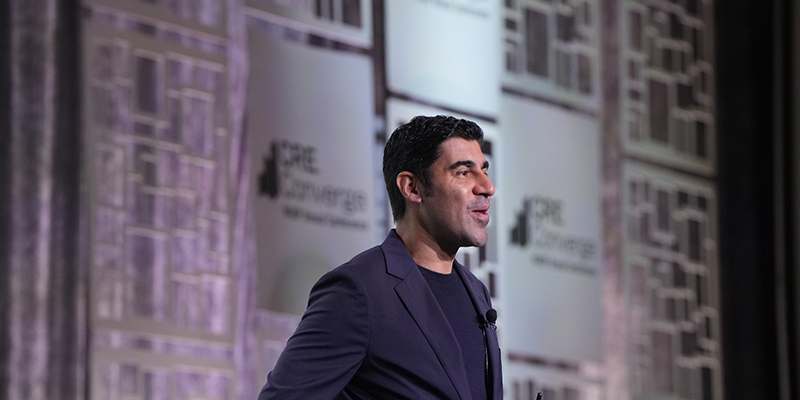For many decades, the construction industry has played a vital role in reshaping communities, standing as a key indicator of economic performance and prosperity. In more recent years, labor challenges have shifted the industry’s progression, threatening to disrupt integral projects and new developments throughout the country. With issues such as a shortage of skilled laborers and the need for new technology and software, today’s general contractors are faced with many industry-specific challenges that require innovative strategies and effective planning to guarantee continued success.
Overcoming the Skilled Labor Shortage
One of the most widely known issues faced by the construction industry is the need for skilled labor. As the current workforce retires and the next generation pursues alternative career paths, the industry must find new ways to retain the knowledge and skills to successfully operate large-scale construction projects. One way to attract more individuals to pursue the trades is to partner with local high schools and technical colleges to showcase the various roles and specialty areas needed on every job site. This gives students a firsthand look at what a construction career could look like and offers a valuable alternative to traditional higher education. It’s also important to retain the processes, insights and knowledge of the retiring generation and ensure this information is accessible to future project teams and leaders. By taking these extra steps, you can help new laborers achieve confidence in their roles and deliver high-quality results on each job site.
Addressing Material Shortages and Inflated Prices
Although we are years past the onset of the COVID-19 pandemic, supply chain issues and material shortages continue to impact the current economy. Global disruptions – including supply chain issues, geopolitical tensions, and increased demand – have led to scarcities in essential construction materials such as steel, lumber and concrete. As a response to the shortage, the costs of these materials have skyrocketed. This inflationary struggle has the power to amplify project costs, resulting in frequent reassessments of project budgets and scope. To mitigate the impact of these issues, industry leaders must rethink procurement strategies, consider alternative materials and solidify partnerships with reliable vendors. Adaptability and strategic planning are crucial to overcoming these challenges and identifying new ways to bring value to each project.
Learning and Implementing New Technologies
As digital technologies continue to drive innovation, business leaders must continue to implement new tools to help them stay competitive. This idea applies directly to the construction industry as new platforms replace manual processes to increase efficiencies and operations. From Building Information Modeling (BIM) software to drones and robotics, these advancements are compelling engineering and construction professionals to learn and embrace these new tools, helping them streamline daily tasks and creating opportunities for completing these tasks ahead of schedule. Keeping these changes in mind, it’s important for general contractors to not only incorporate these new tools but to also understand their various functions. Take advantage of continuing education and learning opportunities centered around the functions of new industry technologies and make sure that your team members follow suit. This proactive step will help your company to remain relevant and prepared for the future.
Navigating the ever-changing landscape of the construction industry requires detailed planning, creative solutions and the ability to stay flexible. As an industry influenced by economic change, preparing for potential challenges before they occur can save significant time, money and effort in the long run. The planning stage of a new construction project is an ideal opportunity to embrace new ideas, cutting-edge tools and streamlined processes. Although the future will present inevitable challenges, this proactive approach will help the team remain resilient and prepared to tackle any obstacle and achieve unmatched success.








